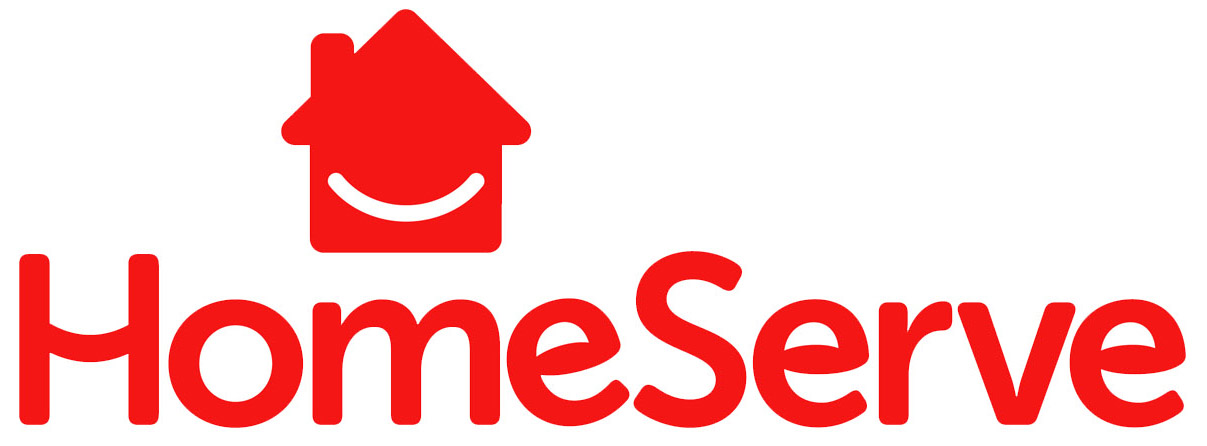Energy consumers have more choices, and it’s no longer enough for a cooperative to simply deliver reliable electrical service – in fact, that has become a baseline expectation from consumers. With their ability to switch providers and a field full of newcomers offering low rates with razor thin profit margins, some energy providers may be left wondering how to retain their consumers.
Residents are looking for more than reliable service – they want honesty, efficiency and good corporate citizenship from the companies and brands they do business with, and there is more information to help them make a decision than ever before. Members’ relationships with their co-ops are changing, and providers must change as well or be left behind.
Honesty
According to a Cohn & Wolfe study, just 3 percent of Americans believe “big businesses are very honest and transparent.” In a Gallup poll, only Congress did worse than large corporations when it came to trust.
While people may not believe large corporations are honest and transparent, they want honesty from the energy providers they interact with – more than they want innovation and great products – and information, both positive and negative, on most large corporations is widely available.
Members want to deal with a cooperative that has values that align with their own and takes ownership of mistakes with a focus on improvement. More energy providers are voluntarily offering an annual corporate responsibility report, with eight in ten of the S&P 500 doing so in 2017.
As part of that, consumers want open, easy communications – and, despite the prevalence of “self-service,” they want a customized experience with options, ranging from live agents to web-based platforms to social media presence. Millennials, in particular, are accustomed to a seamless experience across multiple platforms and are tech-savvy enough to seek out information on the corporations they do business with.
Efficiency
The energy industry has made huge strides in efficiency – the average American home uses 40 percent less energy than it did 50 years ago – but consumers want more and they want it in a way that is cost effective and environmentally friendly.
Nielson has found that 71 percent of households see efficiency as important, but only 35 percent think their homes are energy efficient. While 90 percent are willing to change their usage to save costs, a majority – 59 percent – are willing to pay a higher cost for energy if it’s good for the environment.
There is strong support for requiring utilities to help residents reduce consumption through efficiency program and products, with 80 percent in favor, according to a Conservative Energy Network poll, with the same poll showing 64 percent indicating they would be willing to pay higher energy costs if it meant investment in clean energy.
A Deloitte Resources Study shows 90 percent of those polled expected to maintain or reduce the amount of electricity they consumed. The study also showed that affordable energy is the top concern, at 59 percent, followed by moving to clean energy, at 56 percent.
Citizenship
When making decisions about where to spend money, consumers want to engage with companies that make their communities a better place, and, when it comes to energy, they are interested in clean energy and renewables.
Millennials, the oldest of whom are reaching their prime home-buying years, are increasingly classified as Green Champions, interested in environmental benefits and the tech that makes it possible, such as smart and grid-edge products and services. The Smart Grid Consumer Collaborative finds that 44 percent of consumers fall into the Green Champion category and even more – 58 percent – are interested in rooftop solar power for their homes. Furthermore, most support clean energy programs, with 41 percent saying they would pay an additional $15 per month to expand the clean energy programs offered by their energy provider.
Globally, one-third of consumers are considered Aspirationals, whose purchasing habits and interest in sustainability combine as part of a market shift toward “authenticity, well-being, sustainability and social purpose,” according to a BBMG and GlobeScan report. One in five are considered Advocates, who are even more committed to responsible consumption and will pay more for socially and environmentally responsible products and services. Both are committed to consuming less to preserve the environment with 88 percent of Aspirationals and 90 percent of Advocates in support of environmental preservation.
By incorporating these three traits and focusing on member satisfaction, co-ops can increase retention and ROE. Several studies have shown a link between member satisfaction and higher rates of return.
Energy providers are expanding from providing commodities to offering energy services, including everything from solar panels to high-efficiency LED light bulbs, while reaping clean energy and efficiency incentives. Forward-looking cooperatives also are engaging more with their residents, reaching out with informational and educational materials, instead of waiting for the consumer to come to them.
Among those energy services being offered are home warranties, providing reliable and convenient repair service for home electric, gas, water and sewer lines. HomeServe USA has an extensive network of licensed and insured contractors who maintain an A Better Business Bureau rating and a 24-hour, 400-seat, award-winning call center. To find out how HomeServe can help expand your offering of energy services, contact us.

